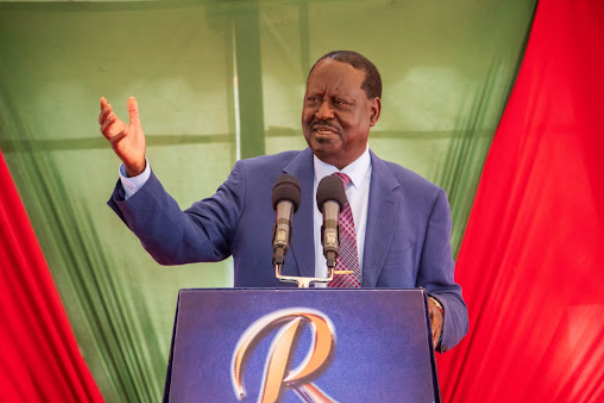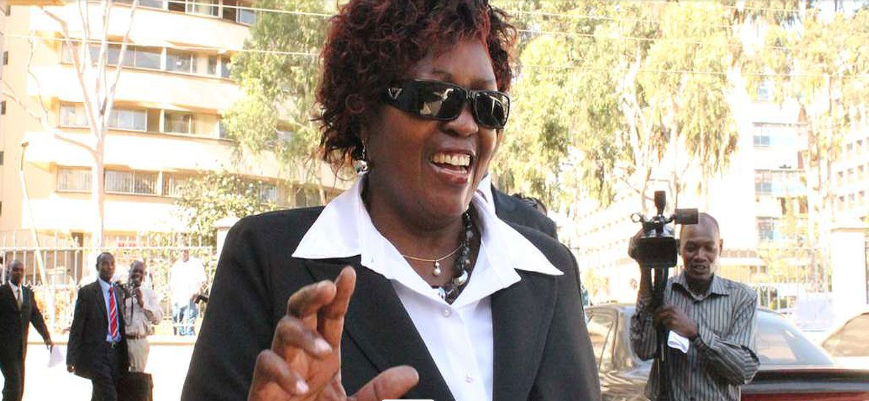The death of Albert Ojwang has stirred public anger across Kenya. Ojwang, a 31-year-old blogger and former teacher, died while in police custody under suspicious circumstances. As a result, protests have broken out, and many are demanding police reform.

How His Arrest Happened
Police arrested Ojwang on June 6 in Homa Bay County. They claimed he had defamed Deputy Inspector General Eliud Kipkoech Lagat on social media. After his arrest, officers transferred him to Central Police Station in Nairobi.
Two days later, Ojwang died in the cell. His sudden death raised serious questions.
His Autopsy Contradicts Police Report
Initially, the police stated that Ojwang had hit his head against the wall and caused his own death. However, that explanation did not hold for long.
Dr. Bernard Midia, a government pathologist, performed the autopsy. He found signs of head trauma, neck injuries, and multiple bruises. These findings pointed to assault, not self-harm. Consequently, the public began demanding a deeper investigation.
Authorities Take Action
Under growing pressure, authorities arrested Constable James Mukhwana, who was on duty during Ojwang’s detention. They also detained Samson Talam, the officer in charge of the holding cells. Meanwhile, the Independent Policing Oversight Authority (IPOA) suspended five officers linked to the case.
The police watchdog confirmed that they had launched a full investigation. This move came after citizens voiced their frustration over repeated cases of police abuse.
Nationwide Protests Erupt
Soon after news of the death spread, protests erupted in several towns and cities. Demonstrators held signs, marched through streets, and demanded justice for Ojwang. In some areas, police tried to disperse the crowds with tear gas.
Despite the chaos, protesters continued to call for accountability. Many believe Ojwang’s case reflects a bigger problem of unchecked police power.
Leaders Call for Reform
President William Ruto addressed the nation, calling the incident “heartbreaking and unacceptable.” He pledged to support a fair and transparent investigation.
Raila Odinga, the former Prime Minister, also spoke out. He blamed systemic police brutality and urged leaders to prioritize reform.
Human Rights Groups Step In
Human rights organizations, including Amnesty International, strongly condemned Ojwang’s death. They stressed the importance of independent oversight for police conduct. In addition, they asked the government to implement long-delayed reforms.
These groups have pointed out that without change, similar tragedies will continue.
Ojwang’s Voice Lives On
Ojwang had built a strong following on social media by challenging powerful institutions. He wrote boldly about corruption, inequality, and police violence. His death silenced his voice, but it also gave rise to a powerful movement.
His family and supporters have vowed to keep pushing for justice in his name. They say his legacy will live on through their efforts to fix a broken system.
Conclusion
The death of Albert Ojwang has exposed major flaws in Kenya’s policing system. While investigations continue, the public remains alert and vocal. Many now hope that this tragedy will lead to lasting change—not just for Ojwang, but for all Kenyans seeking justice and dignity. Stay tuned in Nairobi Gossip for more.

